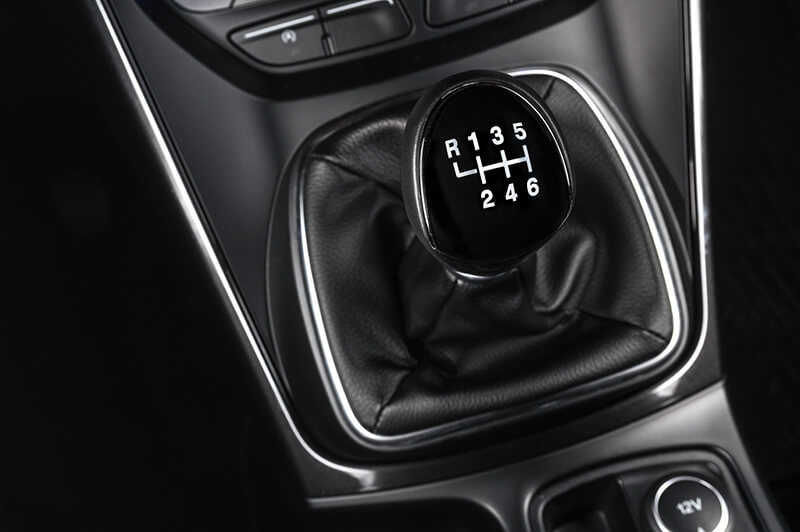Life is like a ten speed bicycle. Most of us have gears we never use.
-Charles M. Schulz

Stealing a car is an offence that can result in a lengthy jail sentence for the perpetrator. The fact that the doors were unlocked prior to the theft does not make the perpetrator any less at fault for his crime. The location the car was parked prior to the theft does not change the level of guilt of the perpetrator. In short, the police and the courts do not care about how the owner of the car positioned his vehicle prior to the theft, they only focus on the fact that this car was taken unlawfully.
Just because the fault of the car theft falls squarely on the thief, doesn’t mean that there aren’t things that the car owner can do to decrease the likelihood that their car gets stolen. Locking doors, parking in a safe area, not leaving valuables in sight and an anti-theft device are all things that experts advise doing in order to protect oneself from becoming a victim of auto theft.While these and other things help reduce the odds of victimization, there is nothing a car owner can do to make themselves 100% immune from having their car stolen.
To summarize, while the car owner is never at fault for having their vehicle stolen there are things that they can and should do to decrease their likelihood of victimization.
The are two separate types of discussions to have with this car owner. One is a discussion whilst they are still in possession of their vehicle, and the other type is after they become a victim to theft. It is perfectly acceptable to discuss anti-theft precautions with the car owner while they are still in possession of their car. However, if they become a victim of auto theft, they need empathy and they need support. Do not go over the list of precautions to see which they did and did not follow. Do not blame the car owner for the theft of their own car. It is incumbent on the friends and family members of this victim to switch gears from what advice can we give you to help prevent this from happening to a gear of empathy and support, the gear where the car owner is never at fault for being the victim of theft. People who fail to switch gears will end up blaming the owner for the theft of their own car.
The reverse can also be an issue. There are some people who are too quick to apply the principle that it is never the fault of the car owner for the theft of their own car. If the car owner thinks that they are never at fault for the theft the second they become the owner of the car, it could very well inhibit their decision making process. Why should I lock my doors? It won’t be my fault if it gets stolen! is an example of the type of thought process exhibited by someone who has switched gears too soon.
One should try to apply the following rule: The fact that it isn’t my fault doesn’t mean that I can’t exhibit proper precautions, and the fact that I can exhibit proper precautions, doesn’t mean it is my fault (even if I didn’t apply the precautions!).
The topic chosen to prove the point about switching gears was auto theft. But there is another very applicable topic that can be used in place of auto theft, and that is sexual assault. Everything said above can be said about sexual assault, whether it be the sexual assault of an adult or child sex abuse, the previous message still applies in its entirety. It is not the fault of the victim that the assault took place. It is never the fault of the victim that a sexual assault took place. But that doesn’t change the fact that there are things that can be done to decrease the likelihood of victimization. Parents, advisors and friends need to know when switch gears. It is okay to tell someone not to take a drink that they didn’t see poured, it is not ok to blame a victim for taking a drink they didn’t see poured. It is ok to tell your child not to spend time with a certain person, but don’t blame them for not listening to you when they come to reveal abuse at the hands of this person.
One of the most harmful phrases that can be said to a victim is: “I TOLD YOU SO!!” Talking about the things the victim didn’t do, that had they done it, would have decreased the likelihood of being assaulted, is akin to saying “I told you so”. Make sure that you have switched gears. One must speak with a victim, any type of victim, differently. If you don’t have this gear, make sure that you assist the victim in facilitating help from people who have this gear. If you don’t have the correct gear, make sure you never discuss the abuse while you are in the wrong gear.
Yisroel Picker is a Social Worker who lives in Jerusalem. He has a private practice which specializes in working with people of all ages who are looking to improve their awareness and their social skills. He also lectures on the topics of communication and child safety.
You can email Yisroel at YMPicker@gmail.com
No comments:
Post a Comment